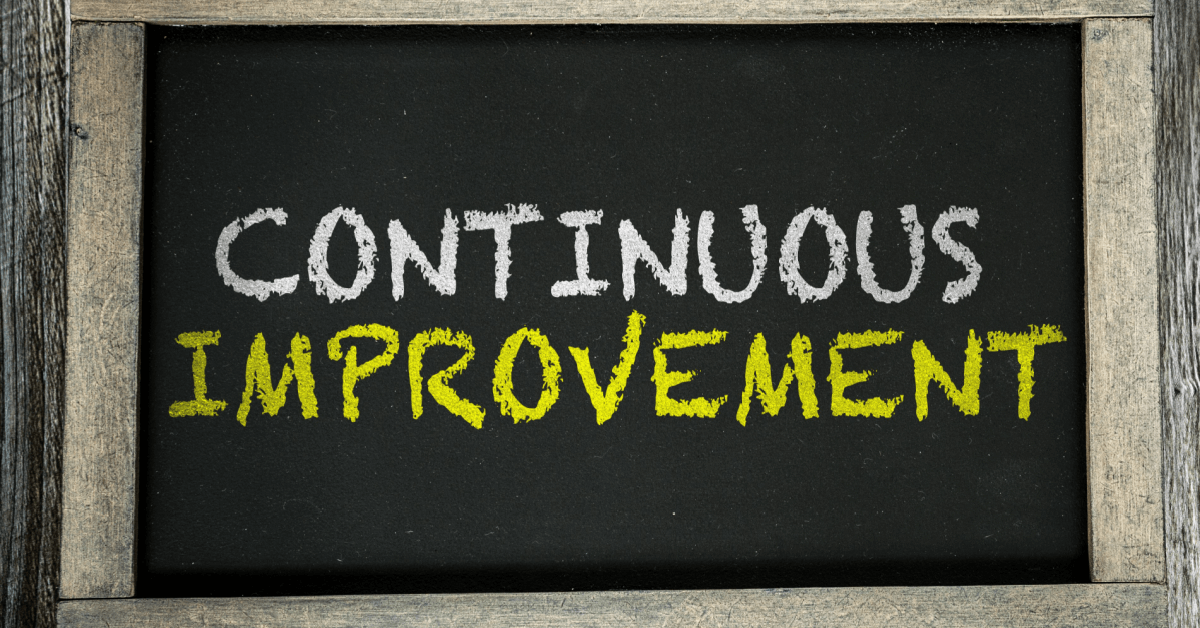September 16, 2024
It’s Okay to Not Have it Perfect: Growth Mindset and Perfectionism Cannot Co-Exist
Earning the MVP award on one’s sports team signifies a clear connection between the individual and the value that individual provides the whole team. To be the “most valuable player” is to be the linchpin for the team — a core contributor to the team’s success. When we move from the world of athletics to the world of business, however, the acronym “MVP” takes on an entirely new meaning.
MVP, or “Minimum Viable Product,” is the idea of going to market with an early prototype before waiting for the perfect version — it is the idea of relying on feedback and ongoing revision in order to enter a state of continuous improvement (or “kaizen”). First used by Frank Robinson, this term captures the essence of the entrepreneurial mindset — f we wait until everything is perfect, we have waited too long.
The MVP is the entrepreneur’s way to get a sense if the product is on the right track. Sometimes an entrepreneur may fall in love with the solution so much that the original problem being solved for becomes obscure, and testing the market is a clear way to get meaningful feedback in order to make meaningful improvements.
This translates well to the classroom that is operating from an entrepreneurial mindset perspective. Recently I was speaking with a group of passionate educators who are striving to develop the entrepreneurial mindset in real time at their school, and we were talking about the intentional development of a growth mindset. Rather than just an exercise in terminology, we were examining key ways that educators can foster this mindset in students at an early age.
Part way into the discussion, one of the teachers spoke up and shared the following insight: “A growth mindset and perfectionism cannot co-exist.” We all were silent for a moment before she continued.
“They cannot exist together,” she said, “To have a growth mindset is to understand that something can always be improved and to be in a constant state of seeking feedback in order to improve. And this runs contrary to perfectionism. I would know because, after all, I’m a recovering perfectionist.”
I won’t ask for a show of hands, but I imagine she is not the only one who feels the need to recover from being a perfectionist. Those of us who would be willing to admit to perfectionist roots can probably trace them back, in some fashion, to our own education where we were taught to “play the game of school” in such a way as to never get anything less than a 100%. And while it is worthwhile to pursue achievement, if we are not careful, we can reach the point where we unintentionally push students into a fixed mindset where they are afraid to try because it might lead to not succeeding.
If I desire perfection, and if I worry that some new attempt or activity might not yield perfect results, I’ll more often than not choose to not try in the first place. After all, trying might lead to “failing” and that would be a strike against my perfect record. The safer option, for the perfectionist, is to give in to fear and stay in the comfort zone.
This fear, however, keeps us from embracing the joy of discovery that comes with the process of trying, reflecting, and trying again — the process that ultimately leads to success. The principle here is that if taken too far, planning can become a form of procrastination — if we force ourselves to attain perfection before acting, we will ultimately never take action.
This is why the concept of the “minimum viable product” is helpful — if we understand that our first attempt, or iteration, is not perfect (and perhaps far from perfect) but is designed to elicit feedback and course correction, we enter a higher level of learning. Much has been said about the power of feedback in the educational experience, but how often is that feedback actually implemented toward an improved version of the product?
If we are going to create a space where effort is praised over talent, we must also help students avoid the pitfalls of perfectionist thinking. A classroom where the vibrancy of a growth mindset thrives is a classroom where learning can flourish, but the weeds of perfectionism must be rooted out before they cast limits on growth. If we are diligent about this, as educators, we will intentionally create a culture of the entrepreneurial mindset — culture, as we know, comes from what we create or what we tolerate. And a culture where the entrepreneurial mindset thrives is a culture that understands that growth is about ongoing and continuous improvement, about iterating and pivoting with helpful feedback in order to ultimately become problem solvers and innovators both in and out of the classroom.
In other words, a culture where perfectionism does not exist.
You may also be interested in reading more articles written by Stephen Carter for Intrepid Ed News.


